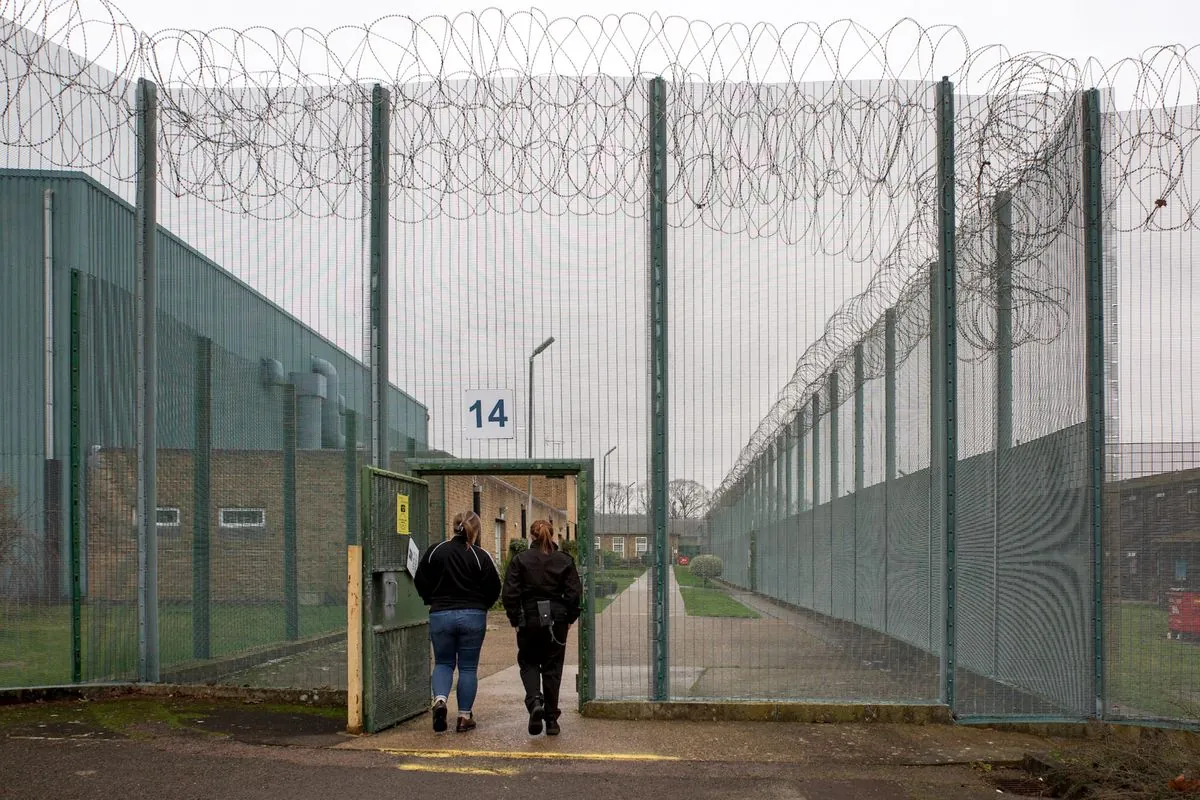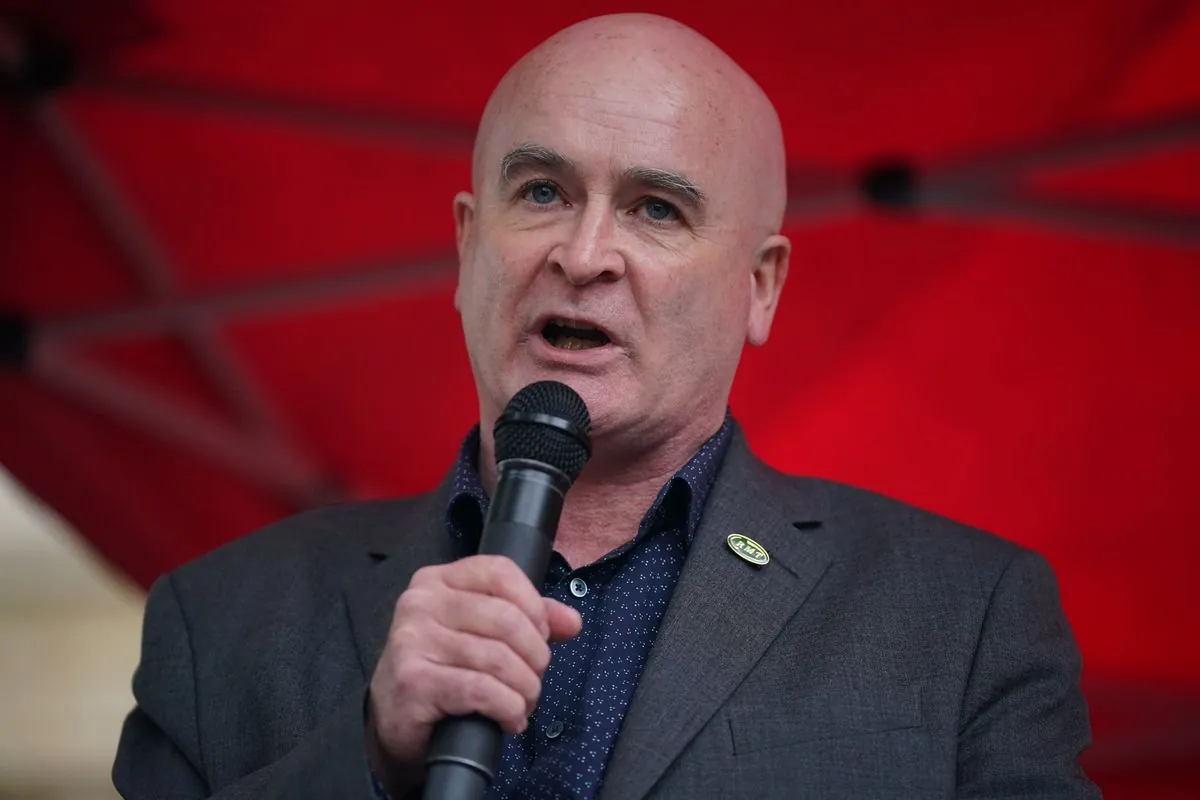Labour Pledges to Reduce Women's Imprisonment, Citing Ineffectiveness
Justice Secretary announces plans for a Women's Justice Board to decrease female incarceration. The initiative aims to address high reoffending rates and the impact on families, with support from the prisons minister.

Shabana Mahmood, Labour's Justice Secretary, has announced plans to establish a Women's Justice Board aimed at reducing the number of women in prison. Speaking at the party's conference in Liverpool, Mahmood emphasized that incarceration "isn't working" for women offenders.
Currently, 3,440 women are imprisoned in the UK, an increase from 3,183 in 2021. Two-thirds of these women are serving sentences for non-violent offenses, and over half have experienced domestic abuse. This situation reflects a broader trend, as the number of women in prison in England and Wales has more than doubled since 1995.
Mahmood highlighted the detrimental effects of women's imprisonment on families and society. Approximately 50 children are born in prison annually, a fact that has led to tragic outcomes in some cases. The Justice Secretary stated, "Nobody wants to live in a world in which children are born in prison. But that is the world we live in."
The proposed Women's Justice Board will focus on developing alternatives to incarceration, such as residential women's centers, and implementing early intervention strategies. This approach aligns with recommendations from the 2007 Corston Report, a landmark review of women with vulnerabilities in the criminal justice system.
Lord Timpson, the prisons minister, supported Mahmood's initiative, expressing concern about mothers with babies in prison. He recalled his foster mother's experience caring for infants of incarcerated women, stating, "Even then it felt wrong and it feels wrong now."
The push for reform is backed by compelling statistics. Nearly three-quarters of women serving short prison sentences reoffend, more than double the rate of those given community-based court orders. This high recidivism rate underscores the ineffectiveness of the current system and the potential benefits of community sentencing.

The cost of keeping a woman in prison for a year is approximately £52,000, highlighting the financial implications of the current approach. Moreover, women's prisons face unique challenges, with self-harm rates eight times higher than in male facilities.
Concerns about prison capacity have also come to the forefront. Lord Timpson revealed that the system nearly reached its limit after recent civil unrest, with only 83 empty places remaining. This situation led to the implementation of an early release scheme, which Mahmood assured would be strictly monitored.
In addition to prison reform, Mahmood announced plans to roll out independent advocates for rape victims across the country starting next year. This initiative aims to support victims through the criminal justice process and address the high dropout rate in rape cases.
The proposed reforms align with international standards set by the Bangkok Rules, adopted by the UN in 2014, which outline guidelines for the treatment of women prisoners globally. Organizations such as the Prison Reform Trust and the Howard League for Penal Reform have long campaigned for alternatives to custody for women offenders.
As the Women's Justice Board prepares to publish its strategy in the spring of 2025, the focus will be on developing effective community-based alternatives and early intervention programs. These efforts aim to reduce reoffending rates, protect families, and create a more just and effective criminal justice system for women in the UK.
"For all that harm, what do we get? For women, prison isn't working. Rather than encouraging rehabilitation, prison forces women into a life of crime. After leaving a short custodial sentence, a woman is significantly more likely to commit a further crime than one given a non-custodial sentence."


































